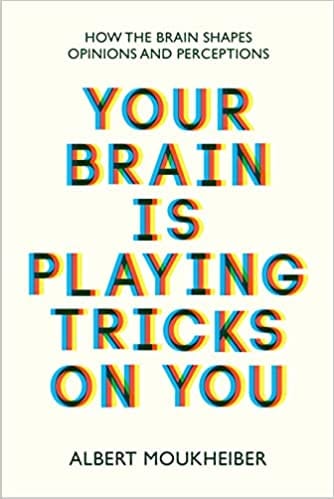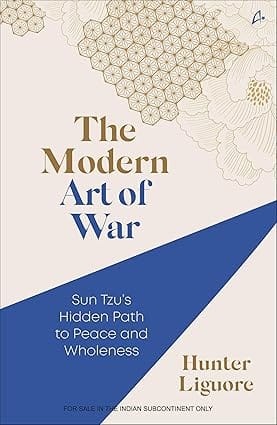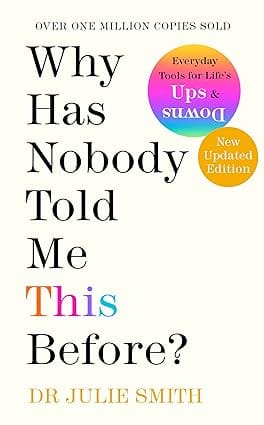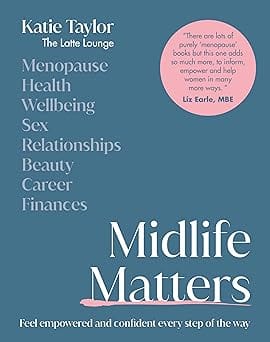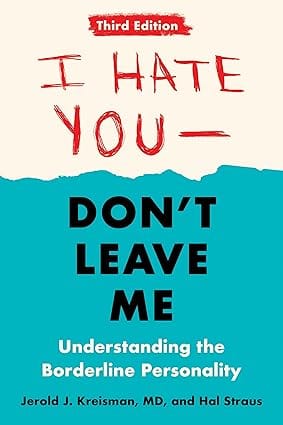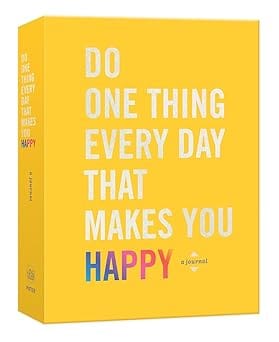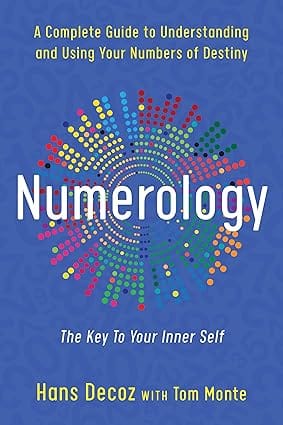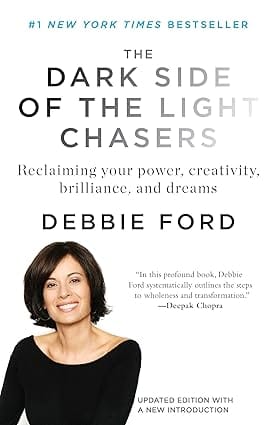-
Contemporary Fiction
- Contemporary Fiction
-
Children
- Children
-
Comics & Graphic Novels
- Comics & Graphic Novels
-
Non-Fiction
- Non-Fiction
-
Fiction
- Fiction
It’s because we don’t see the world as it is, rather we reconstruct it in our mind. Reality is way too complex and multiple to be apprehended by our capacities of attention, which are quite limited, as well as our brain abilities. That is why our perception of the world is subjective and various elements influence the way we acquire knowledge and form opinions. Our brain is recreating the world in its own way – most of the time for our own good: how hard would it be if, before making a choice, we had to know about all the options available in each situation? It would take us forever to choose an item of clothing in a store, or a meal in a restaurant! Luckily, our brain can estimate even if it makes us imperfect and subject to illusion, delusion and error, it allows us to reconstruct the world as we know it and live in it.
However, these very useful mechanisms can sometimes mislead us and have a rather negative impact on our actions, beliefs, and opinions: when our brain behaves that way, we say it is biased. Albert Moukheiber gives us tips and tricks to fight against these cognitive biases – the first one being not to trust ourselves too much and to always doubt our thinking processes, especially in this era where social networks spread information like an epidemic. In this book, filled with multiple examples from our daily lives and psychosocial experiments, Moukheiber explores the building blocks of our perception, cognition, and behavior, which are involved in acquiring knowledge or forming opinions.
Key Selling Points:
- Accessible, concise, and informative popular psychology book
- Addresses many topical subjects, such as fake news and confirmation bias
- Best-seller in France from an author with a high media/online profile
Comparison Title
Thinking, Fast and Slow by Daniel Kahneman and
Super Thinking by Gabriel Weinberg, Lauren McCann
About the Author
Your Brain Is Playing Tricks On You: How the Brain Shapes Opinions and Perceptions
SIZE GUIDE
- ISBN: 9781915054708
- Author: Albert Moukheiber
- Publisher: Legend Press Ltd
- Pages: 192
- Format: Paperback
- Release Date: June 2022
Book Description
It’s because we don’t see the world as it is, rather we reconstruct it in our mind. Reality is way too complex and multiple to be apprehended by our capacities of attention, which are quite limited, as well as our brain abilities. That is why our perception of the world is subjective and various elements influence the way we acquire knowledge and form opinions. Our brain is recreating the world in its own way – most of the time for our own good: how hard would it be if, before making a choice, we had to know about all the options available in each situation? It would take us forever to choose an item of clothing in a store, or a meal in a restaurant! Luckily, our brain can estimate even if it makes us imperfect and subject to illusion, delusion and error, it allows us to reconstruct the world as we know it and live in it.
However, these very useful mechanisms can sometimes mislead us and have a rather negative impact on our actions, beliefs, and opinions: when our brain behaves that way, we say it is biased. Albert Moukheiber gives us tips and tricks to fight against these cognitive biases – the first one being not to trust ourselves too much and to always doubt our thinking processes, especially in this era where social networks spread information like an epidemic. In this book, filled with multiple examples from our daily lives and psychosocial experiments, Moukheiber explores the building blocks of our perception, cognition, and behavior, which are involved in acquiring knowledge or forming opinions.
Key Selling Points:
- Accessible, concise, and informative popular psychology book
- Addresses many topical subjects, such as fake news and confirmation bias
- Best-seller in France from an author with a high media/online profile
Comparison Title
Thinking, Fast and Slow by Daniel Kahneman and
Super Thinking by Gabriel Weinberg, Lauren McCann
About the Author
User reviews
NEWSLETTER
Subscribe to get Email Updates!
Thanks for subscribing.
Your response has been recorded.

India's Iconic & Independent Book Store offering a vast selection of books across a variety of genres Since 1978.
"We Believe In The Power of Books" Our mission is to make books accessible to everyone, and to cultivate a culture of reading and learning. We strive to provide a wide range of books, from classic literature, sci-fi and fantasy, to graphic novels, biographies and self-help books, so that everyone can find something to read.
Whether you’re looking for your next great read, a gift for someone special, or just browsing, Midland is here to make your book-buying experience easy and enjoyable.
We are shipping pan India and across the world.
For Bulk Order / Corporate Gifting
 +91 9818282497 |
+91 9818282497 |  [email protected]
[email protected]
Click To Know More
INFORMATION
POLICIES
ACCOUNT
QUICK LINKS
ADDRESS
Shop No.20, Aurobindo Palace Market, Near Church, New Delhi

